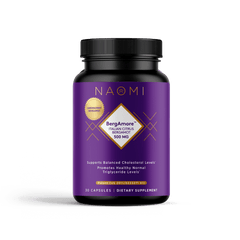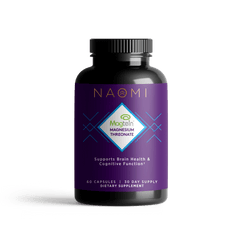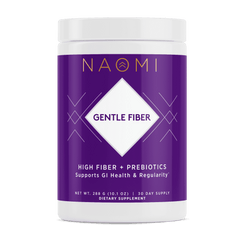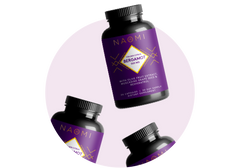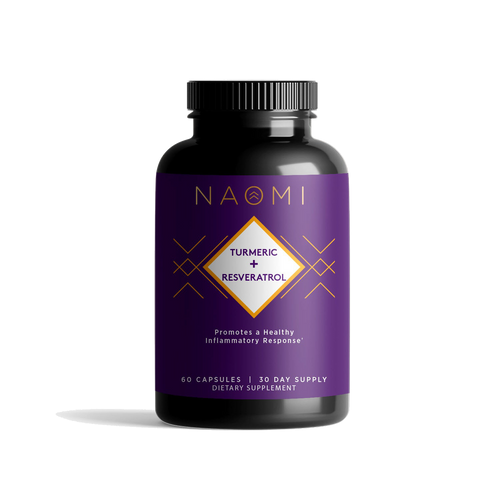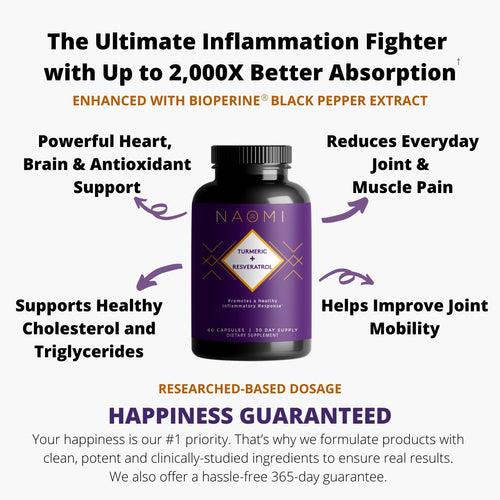What is Turmeric?
I love to travel the globe immersing myself in the world’s healthiest cultures; to touch, feel and learn about the ingredients that keep them healthy. My curiosity frequently leads me to ancient cultures, rich in health and wellness insights and nutritional wisdom.
That’s how my fascination with the plant, turmeric, a potent natural medicine led me to Bangalore, India to meet with scientists and farmers to learn more about its rich healing properties. Everywhere I looked I experienced the intoxicating fragrance of this spice. Perhaps you have heard of turmeric because it’s the main spice in curry (or maybe it’s even in your kitchen pantry). If the sweet, earthy smell of fresh turmeric isn’t enough to stir your curiosity, the brilliant deep orange of this plant might have you in awe of what nature is capable of creating. That phytonutrient that produces the bright orange of turmeric is more than just stunning to the senses, it is a powerful plant compound known as curcumin.
At the farmer’s markets in Bangalore, everyone was buying turmeric. When I asked the women shopping how they used the plant, they told me they used it the same way their mothers and their grandmothers did: grated it, cooked with it, and made sure to add a teaspoon a day to their diet. When I asked why, they explained that it wards off bacteria, prevents sickness and alleviates sadness.
Wouldn’t you want to have a kitchen spice with so many powerful properties at your disposal?
Turmeric’s health benefits were first published in scientific findings in the early 1800s, and now modern science validates the traditional knowledge women have known for ages. The curcumin in turmeric plays a vital role in modulating inflammation.
In several studies, its potency has compared favorably to anti-inflammatory pharmaceutical drugs, showing that curcumin can help inhibit cancer cells and treat symptoms of arthritis and other inflammatory conditions like depression, as well as improve the health of the blood vessels.
From an early age, I struggled with an inflammatory skin condition, eczema. I learned well how to conceal my painful, itchy skin, but it was physically and emotionally painful. From my struggles with eczema sprouted my passion for healing, employing natural medicine. I’m happy to say that my eczema is an issue of the past, and turmeric is part of my daily health rituals that helped me to arrive at this place.
Curcumin’s Medicinal Properties
Besides helping me quiet the inflammation that was causing my eczema, I love cooking with turmeric and taking curcumin extracts in supplements to help naturally boost how I feel and look, as well as protecting my heart. Let’s look at what the science has to say about curcumin’s medicinal properties:
Boost Your Mood
Curcumin works in your body as a natural antidepressant – and possibly helps quell anxiety too. A study in the journal Phytotherapy Research showed that curcumin was as effective as Prozac in alleviating symptoms of depression. It may also work by boosting the brain neurotransmitters serotonin and dopamine, helping you to feel calm, balanced and happy.
Reduce Blood Sugar
High blood sugar wreaks havoc on your body in all sorts of ways…From weight gain to increase your risk for diabetes and heart disease. High glucose levels accelerate the aging process, inside and out, even affecting your appearance. New research shows that people with type 2 diabetes who had elevated blood sugar were more likely to “look” older than those with lower blood sugar, who look “younger” than their age. The good news: curcumin helps to lower blood sugar by improving insulin’s ability to bind to sugar.
Note: because it can lower blood sugar, anyone taking diabetes medications or insulin will want to monitor blood sugar levels while taking curcumin.
Promote Heart Health
Curcumin has beneficial effects on several factors that contribute to heart disease. It improves the function of the endothelium lining the blood vessels and is a potent anti-inflammatory agent and antioxidant. Studies reveal that turmeric supplements can reduce total cholesterol, as well as LDL cholesterol and triglycerides.
Can you understand why I love this plant and encourage all of my loved ones to supplement with it and eat it?
How to Take Curcumin:
Research shows that 500 mg of extracted curcumin taken twice a day is best. Use organic curcumin that has been extracted using carbon dioxide. Because curcumin is condensed and extracted from the root, you’ll want to make sure that you’re not getting any herbicides or pesticides that can be found in conventionally grown turmeric.
Curcumin is fat-soluble, so whether you take it in supplement form or eat it as part of turmeric in a meal (I do both!), combine it with fat to dramatically boost its absorption. Taking it with pepper will also increase the absorption rate.
Stay tuned as I share two of my favorite ways to enjoy this flavorful spice. And maybe you’ll also feel empowered by the medicine that may already be in your kitchen pantry!

